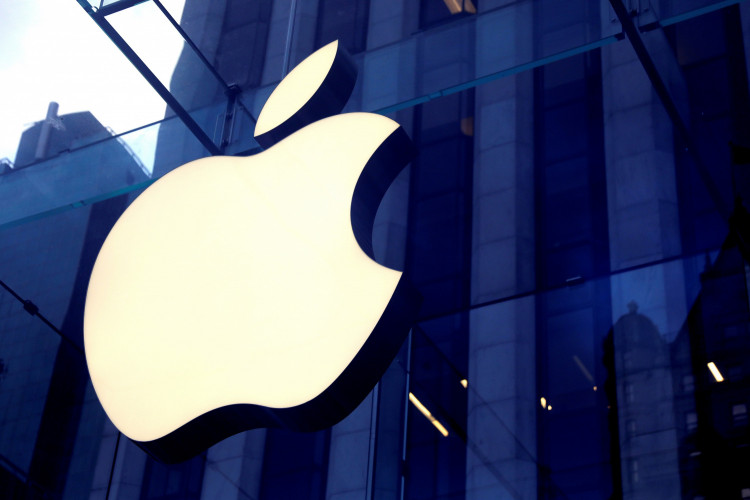Apple announced Monday it will invest $500 billion in expanding its U.S. operations over the next four years, a move that comes as the company faces new import tariffs on Chinese goods imposed by the Trump administration. The investment, which Apple says will create 20,000 jobs, includes the construction of a new artificial intelligence (AI) server manufacturing facility in Texas, the expansion of data centers across multiple states, and increased research and development efforts in the U.S.
The announcement follows a meeting between Apple CEO Tim Cook and President Donald Trump last week, during which the administration's latest round of tariffs-10% on all Chinese imports, including Apple products-was discussed. Trump, who has long pressed Apple to shift its manufacturing to the U.S., credited the tariffs for influencing the company's decision.
"He's investing hundreds of billions of dollars," Trump said on Friday, referring to Cook. "That's what he told me ... a lot of chip makers are coming in, a lot of automakers are coming in."
Apple has historically relied on China for much of its supply chain and assembly operations, but in recent years, it has sought to diversify its production footprint. The company has expanded manufacturing in India and Vietnam and has worked with Taiwan Semiconductor Manufacturing Co. (TSMC) to establish a chip-making facility in Arizona. TSMC received $6.6 billion in government funding under the CHIPS Act, a bipartisan initiative passed during the Biden administration to boost domestic semiconductor production.
"We are bullish on the future of American innovation, and we're proud to build on our long-standing U.S. investments with this $500 billion commitment to our country's future," Cook said in a statement.
As part of its investment, Apple will open a 250,000-square-foot AI server manufacturing facility in Houston, Texas, slated to begin operations in 2026. The company said the facility will support the production of servers for Apple Intelligence, its suite of AI-driven features for iPhone, iPad, and Mac devices. Apple did not specify which suppliers it would partner with for the facility but emphasized that the servers had been previously manufactured outside of the U.S.
Apple also plans to double its U.S. Advanced Manufacturing Fund from $5 billion to $10 billion and establish a manufacturing academy in Michigan. The academy will train small- and medium-sized businesses in AI and smart manufacturing techniques.
In addition to manufacturing, Apple said its investment will expand data center operations in North Carolina, Iowa, Oregon, Arizona, and Nevada. It will also increase funding for research and development in key areas such as silicon engineering, software development, and machine learning. The company said the expansion would not only support its growing AI initiatives but also strengthen domestic supply chains.
Trump was quick to take credit for Apple's decision, posting on Truth Social: "The reason, faith in what we are doing, without which they wouldn't be investing ten cents."
Despite the investment, Apple has remained cautious about committing to large-scale iPhone production in the U.S., given the significant cost differences compared to China. While the company has increased Mac Pro assembly in Texas, much of its supply chain remains dependent on Asian manufacturing partners.
Apple has paid more than $75 billion in U.S. taxes over the past five years, including $19 billion in 2024 alone, according to the company. The firm said it will continue to work with thousands of manufacturing partners across all 50 states to expand domestic production.
Apple's announcement comes at a time when the Trump administration is pursuing policies aimed at reshoring manufacturing jobs. Earlier this month, Trump signed an executive order increasing tariffs on Chinese imports, adding to existing levies of up to 25% imposed during his first term. While Apple has sought to navigate these trade tensions by diversifying its production network, the new investment signals a shift toward increasing its domestic presence.






